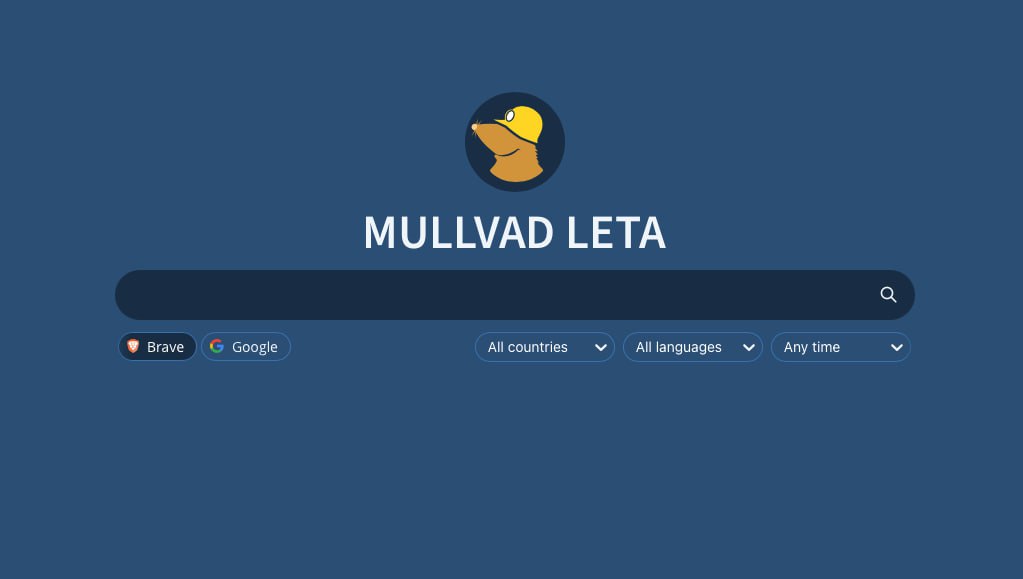
Swedish privacy-focused VPN provider Mullvad has announced the discontinuation of its search proxy service, Leta, citing the fast-changing dynamics of the search industry and diminishing returns on maintaining the tool.
The decision marks a strategic refocus on Mullvad’s core areas of VPN development and browser privacy research.
Leta, introduced as a privacy layer for search queries, functioned by pooling and caching user requests to anonymize individual activity. It served as an intermediary between users and search engines, effectively shielding IP addresses and reducing fingerprinting risks. By aggregating queries from a wide user base, Leta made it more difficult for search engines to track or profile individuals, aligning with Mullvad’s overarching mission of minimizing digital surveillance.
According to Mullvad’s announcement, the tool’s utility has begun to decline amid broader changes in the search engine ecosystem. While Mullvad did not go into detail, recent trends likely contributing to the decision include search engines moving toward tighter anti-bot protections, increasing use of CAPTCHAs, stricter rate-limiting, and greater reliance on real-time behavioral signals for personalization, all of which pose mounting challenges for proxy-based privacy tools.
Leta’s limited adaptability to these developments has made it harder for the service to offer consistent and reliable anonymization. In addition, many privacy-conscious users now combine trusted VPN services with hardened privacy browsers like Mullvad Browser or Tor, which can provide a more robust and scalable approach to private searching without relying on a centralized intermediary.
Mullvad, founded in 2009 and operated by the non-profit Amagicom AB, has built a reputation as one of the most transparent and privacy-respecting VPN providers on the market. The company does not require user accounts, accepts cash and cryptocurrency, and has undergone numerous third-party audits. Its recent collaboration with the Tor Project on the Mullvad Browser underscores its growing focus on enhancing browser-level protections.
The shutdown of Leta appears to be a pragmatic shift toward concentrating resources on research and development in areas where the company can exert greater control and innovation. Mullvad emphasized that similar levels of privacy can still be achieved by combining a trusted VPN with a privacy-focused browser, an approach that also sidesteps the scalability and maintenance challenges of a shared search proxy.
Users previously relying on Leta are advised to consider using search engines that support anonymous access over privacy networks, such as Tor, or opt for privacy-respecting engines like Startpage or DuckDuckGo in combination with Mullvad VPN and Mullvad Browser.







Now that’s sad news…